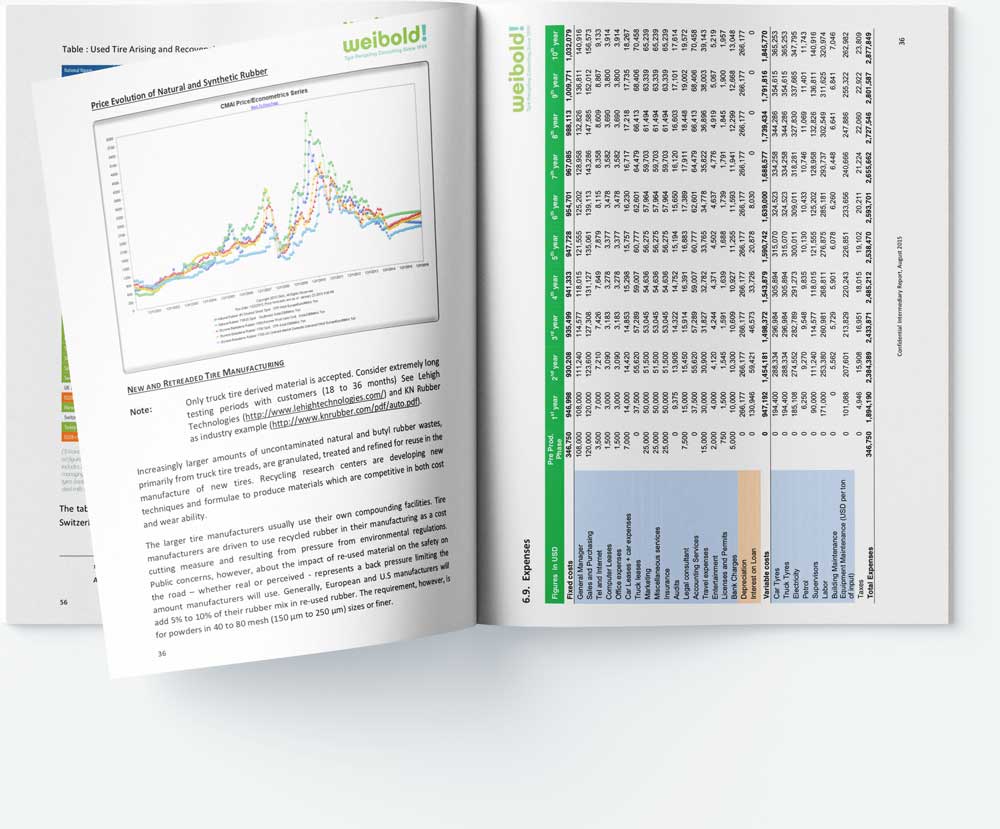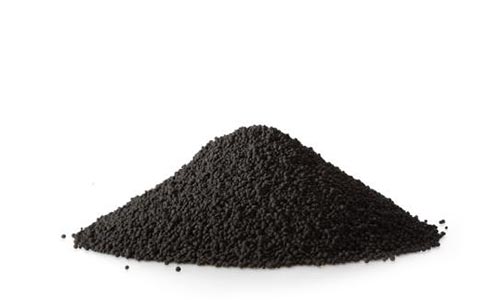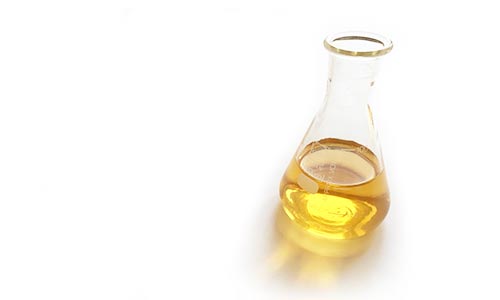
Tire Recycling Consulting
Pyrolysis Consulting
Shop NEW
Webinars
Used Equipment
Advertising
News & Events FAQ About Us Contact Search
News & Events FAQ About Us Contact Search
Pyrolysis
Commission an independent technical and economic assessment of the proposed terms of an investment, technology licensing contract, or partnership agreement for a tire pyrolysis project.
Switch to tire recycling
Formal procedures preceding investments, technology licensing contracts, and partnership agreements often require an independent third party assessment. Contracting parties need an unbiased report on the merits and risks of the proposed transaction. Weibold’s Due Diligence module provides an expert analysis of the proposed terms. The terms will be evaluated from a technical and economic standpoint and compared to industry standard benchmarks.
Weibold’s service will protect your investment, verify or falsify its validity, and provide substantiated arguments for improvements of the terms during the negotiation phase.
Weibold will first verify the technical claims of a given pyrolysis project made as part of the transaction. Technical feasibility and risks associated with the technological aspects will be validated and any discrepancies highlighted. Cost and price assumptions will be checked against industry standards. If there are economic assertions they will be recalculated and verified for accuracy and plausibility. Weibold will generate a report with detailed matrices listing compliance and deviations based on a set of criteria that are pre-agreed to by the client.
Weibold is conducting trend, market and technology studies for Clients around the globe. Our Clients include plant operators, investors, lenders, recycling associations, technology providers, and product manufacturers. Now selected cross sections of the knowledge we have collected and pooled in our research database is available for recycling strategists and operators looking for innovations and trends on specific subjects in world-wide markets.

Weibold's Technology Evaluation study will shed light on types of techniques and machinery to enhance quality of recovered carbon black (rCB) and pyrolysis oil. Apart from quality enhancement opportunities, the document will list technologies required to produce consumer goods from tire pyrolysis materials. Recycling tires into materials such as steel-free crumb rubber and fine rubber powder used to be a profitable venture; however, due to market saturation in developed economies, tire recycling companies might want to shift their focus from raw materials to potentially higher-priced consumer goods made from recycled rubber or even virgin rubber which can be replaced by tire-derived materials.

The contents of the Market Research are carefully adjusted to the individual situation of the Client and requirements of the project. The document incldes a comparative overview of traditional tire pyrolysis products, production methods, value adding technologies, and highlights advantages and disadvantages between each type of products.

In the document, Weibold considers the latest developments world-wide in OTR tire pyrolysis and rubber devulcanization technologies. The result of work is a detailed list of technology suppliers qualified for the project and fulfilling its special requirements a) the methods for processing, b) the technical readiness level, c) successful references, d) logistical considerations (weight/volume vs. capital investment), e) and to what extent this application could be applied to the Client's specific situation.